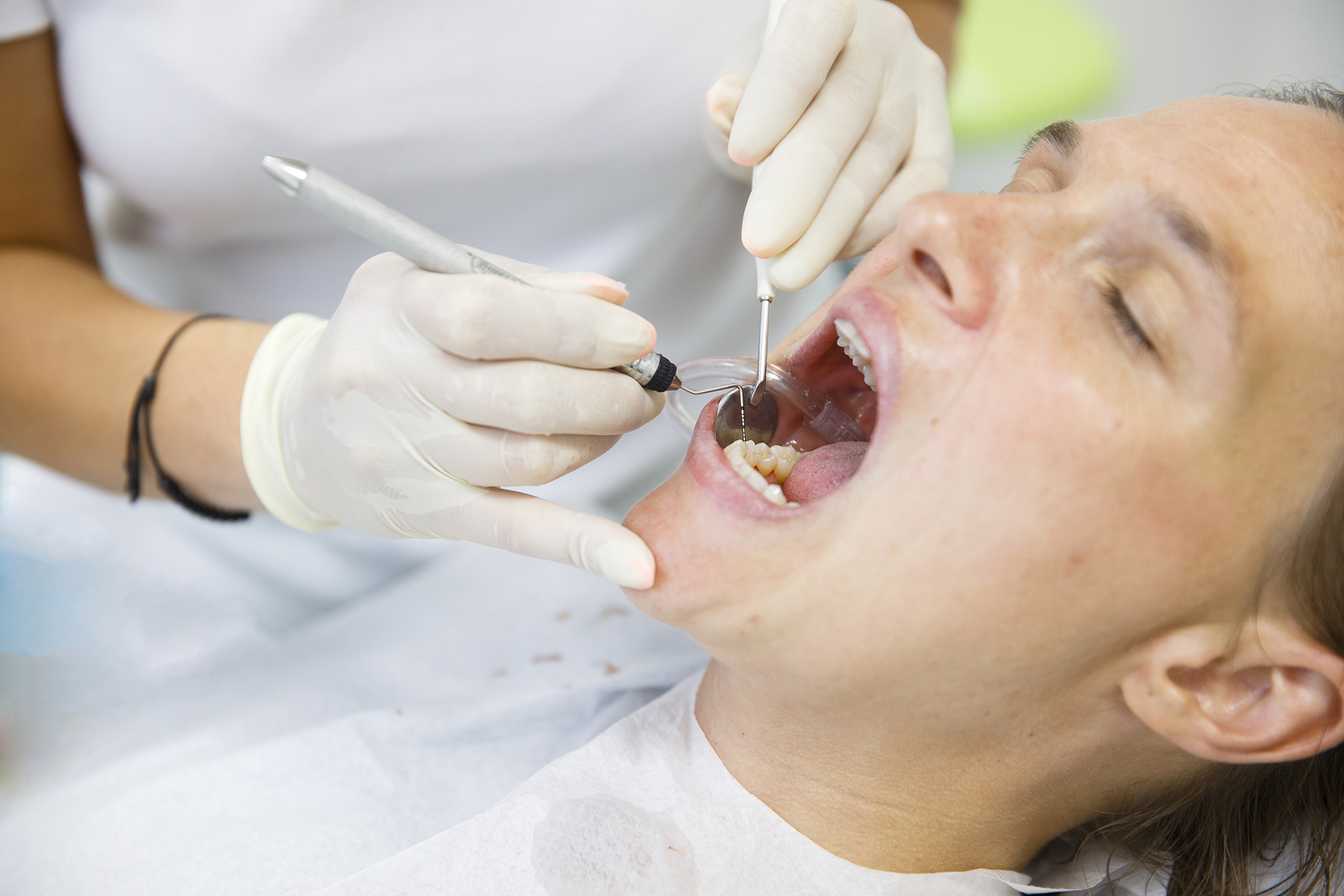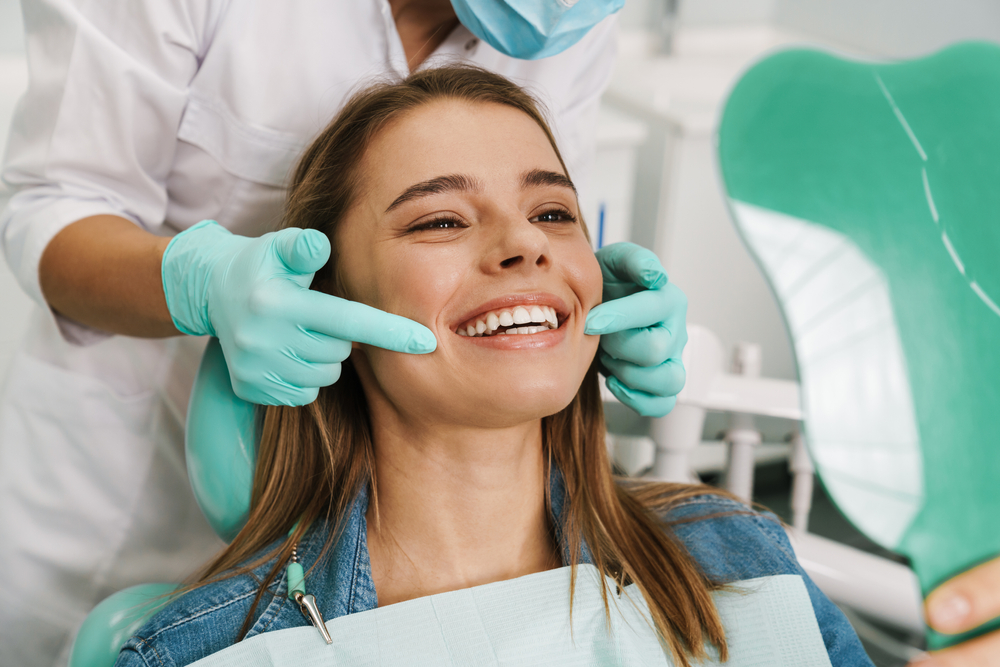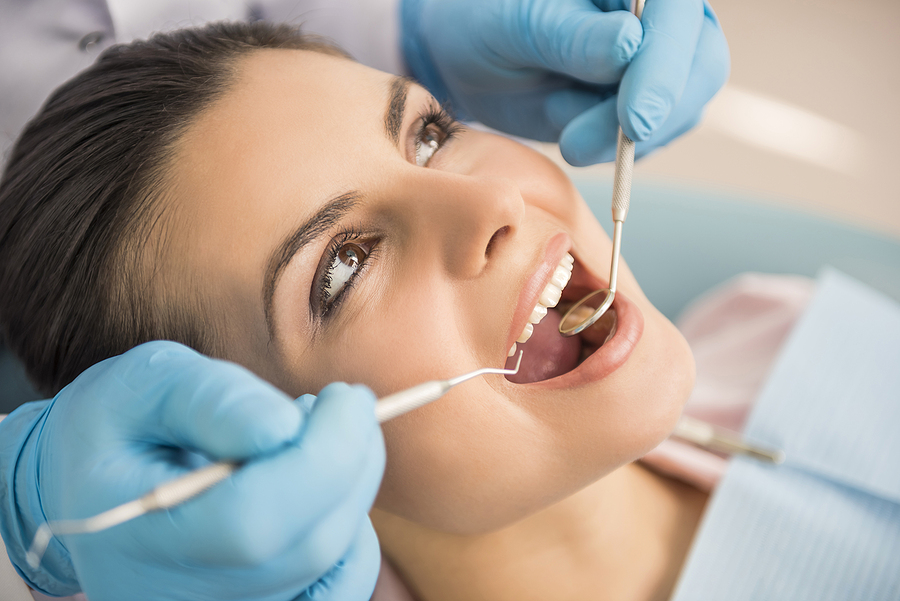Essential Tips for a Smooth Recovery After Oral Surgery: What You Need to Know
Posted by Scott Ferguson Jul 29, 2024

Oral surgery can be a transformative procedure, whether it involves tooth extraction, dental implants, or other specialized treatments. At Advanced Dental Specialty Group in Farmington, UT, we understand that a successful recovery is crucial for ensuring the best possible outcome. Proper post-operative care not only accelerates healing but also minimizes discomfort and prevents complications. This comprehensive guide provides essential tips for a smooth recovery after oral surgery.
Understand Your Procedure
Before diving into recovery tips, it's important to have a clear understanding of your oral surgery. Knowing what to expect can significantly ease anxiety and help you prepare. At Advanced Dental Specialty Group in Farmington, UT , your oral surgeon will provide detailed information about the procedure, including what was done, the expected recovery time, and any specific aftercare instructions. Be sure to ask questions and clarify any doubts to ensure you are well-prepared for your recovery.
Follow Post-Operative Instructions
Your oral surgeon will provide a set of post-operative instructions tailored to your specific procedure. These instructions are designed to promote healing and prevent complications. Follow them closely, as they are based on your individual needs and the specifics of your surgery. Typical instructions might include:
- Medications: Take prescribed medications as directed, including pain relievers and antibiotics. Do not skip doses or alter the dosage without consulting your surgeon.
- Diet: Adhere to dietary restrictions, such as consuming soft foods and avoiding hot, spicy, or hard foods that could irritate the surgical site.
- Oral Hygiene: Follow guidelines on brushing, flossing, and rinsing. Avoid brushing the surgical area until advised otherwise.
Manage Swelling and Bruising
Swelling and bruising are common after oral surgery. Here’s how to manage them effectively:
- Apply Ice Packs: For the first 24-48 hours, apply an ice pack to the affected area for 15-20 minutes every hour. This helps reduce swelling and numb the area, providing relief.
- Elevate Your Head: Keep your head elevated, even while sleeping, to minimize swelling. Use extra pillows or a recliner if necessary.
- Avoid Heat: Refrain from using heat packs or warm compresses during the initial recovery phase, as they can exacerbate swelling.
Control Pain and Discomfort
Pain is a natural part of the healing process, but managing it effectively can make your recovery more comfortable. Here’s how:
- Take Pain Medication: Use the pain medication prescribed by your oral surgeon or an over-the-counter pain reliever as advised. Avoid aspirin if you’ve been instructed not to, as it can increase bleeding.
- Stay Hydrated: Drink plenty of fluids, but avoid using straws, as the suction can dislodge blood clots and delay healing.
- Rest: Give your body time to heal by getting plenty of rest. Avoid strenuous activities and try to stay relaxed.
Avoid Smoking and Alcohol
Smoking and alcohol can interfere with the healing process and increase the risk of complications. Here’s why you should avoid them:
- Smoking: Smoking reduces blood flow to the surgical site, which can slow healing and increase the risk of infection. Nicotine can also lead to dry sockets, a painful condition where the blood clot at the extraction site becomes dislodged.
- Alcohol: Alcohol can interact with medications and impair the healing process. It can also lead to dehydration and irritation of the surgical area. Call us to learn more.
Maintain Proper Oral Hygiene
Good oral hygiene is essential for a smooth recovery. However, you need to be gentle to avoid disturbing the surgical site. Here are some tips:
- Brush Carefully: Brush your teeth gently, avoiding the surgical area. Use a soft-bristled toothbrush to prevent irritation.
- Rinse with Salt Water: After the first 24 hours, rinse your mouth with a warm saltwater solution (1/2 teaspoon of salt in a cup of water) to help keep the area clean and reduce the risk of infection. Avoid vigorous swishing that could disturb the healing site.
- Avoid Mouthwash with Alcohol: Alcohol-based mouthwashes can irritate the surgical site. Opt for a non-alcoholic mouthwash if recommended by your surgeon.
Watch for Complications
While complications are rare, being aware of the signs can help you seek prompt treatment if needed. Contact your oral surgeon if you experience:
- Severe Pain: If your pain is not manageable with prescribed medication or worsens over time, consult your surgeon.
- Excessive Bleeding: Some bleeding is normal, but if it doesn’t subside or becomes severe, seek medical advice.
- Fever: A fever can indicate an infection. If you develop a fever, contact your surgeon.
- Unusual Swelling or Discoloration: Significant swelling or discoloration beyond the first few days may be a sign of a problem. Report these symptoms to your surgeon in Farmington, UT.
Eat the Right Foods
Your diet plays a crucial role in recovery. Opt for foods that are soft, easy to chew, and not too hot. Here are some recommendations:
- Soft Foods: Mashed potatoes, yogurt, applesauce, and soups are good choices. Avoid foods with small seeds or hard pieces that can irritate the surgical area.
- Nutrient-Rich Options: Incorporate foods rich in vitamins and minerals to support healing. Foods high in protein, vitamin C, and zinc can be particularly beneficial.
- Hydration: Drink plenty of water to stay hydrated and support the healing process.
Adhere to Follow-Up Appointments
Your oral surgeon in Farmington, UT will schedule follow-up appointments to monitor your recovery and ensure that everything is healing as expected. Attend these appointments as scheduled, even if you’re feeling well. These visits are crucial for:
- Assessing Healing: Your surgeon will check the surgical site to ensure proper healing and address any concerns.
- Removing Stitches: If your procedure involved stitches, they may need to be removed during a follow-up visit.
- Adjusting Care: Based on your progress, your surgeon might provide additional instructions or modify your aftercare plan.
Be Patient and Gentle with Yourself
Recovery from oral surgery takes time, and everyone heals at their own pace. Here’s how to approach your recovery with patience and care:
- Avoid Rushing: Give your body the time it needs to heal. Avoid returning to strenuous activities too soon.
- Listen to Your Body: Pay attention to how you feel and adjust your activities and care as needed. If you experience any unusual symptoms, contact your oral surgeon.
- Seek Support: If you need help with daily activities or managing discomfort, don’t hesitate to ask family or friends for support.
Conclusion
A smooth recovery after oral surgery is essential for achieving the best results and ensuring your comfort. By following these essential tips, you can promote healing, minimize discomfort, and reduce the risk of complications. At Advanced Dental Specialty Group in Farmington, UT, we are committed to supporting you throughout your recovery process. If you have any questions or concerns, don’t hesitate to reach out to our team for guidance and support.
Your successful recovery starts with careful preparation and attentive post-operative care. By adhering to these guidelines, you’ll be on your way to a swift and comfortable recovery, allowing you to enjoy the benefits of your oral surgery with confidence.
Advanced Dental Specialty Group
Location
1838 N. 1075 W Suite 100, Farmington, UT 84025
(801) 923-1011Email Us
utahdentalspecialists@gmail.com
At Advanced Dental Specialty Group, we strongly suggest that our newer patients properly prepare for their first appointment.
- MON8:00 am - 5:00 pm
- TUE - WEDClosed
- THU8:00 am - 5:00 pm
- FRI - SUNClosed







